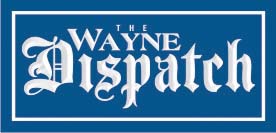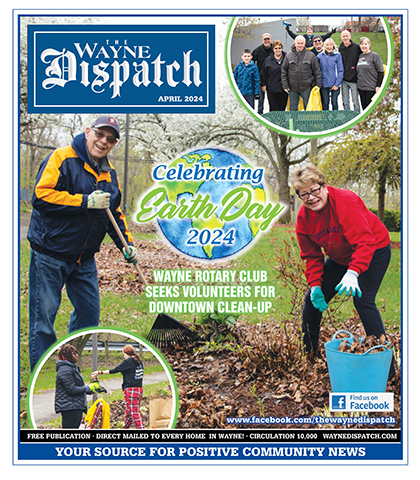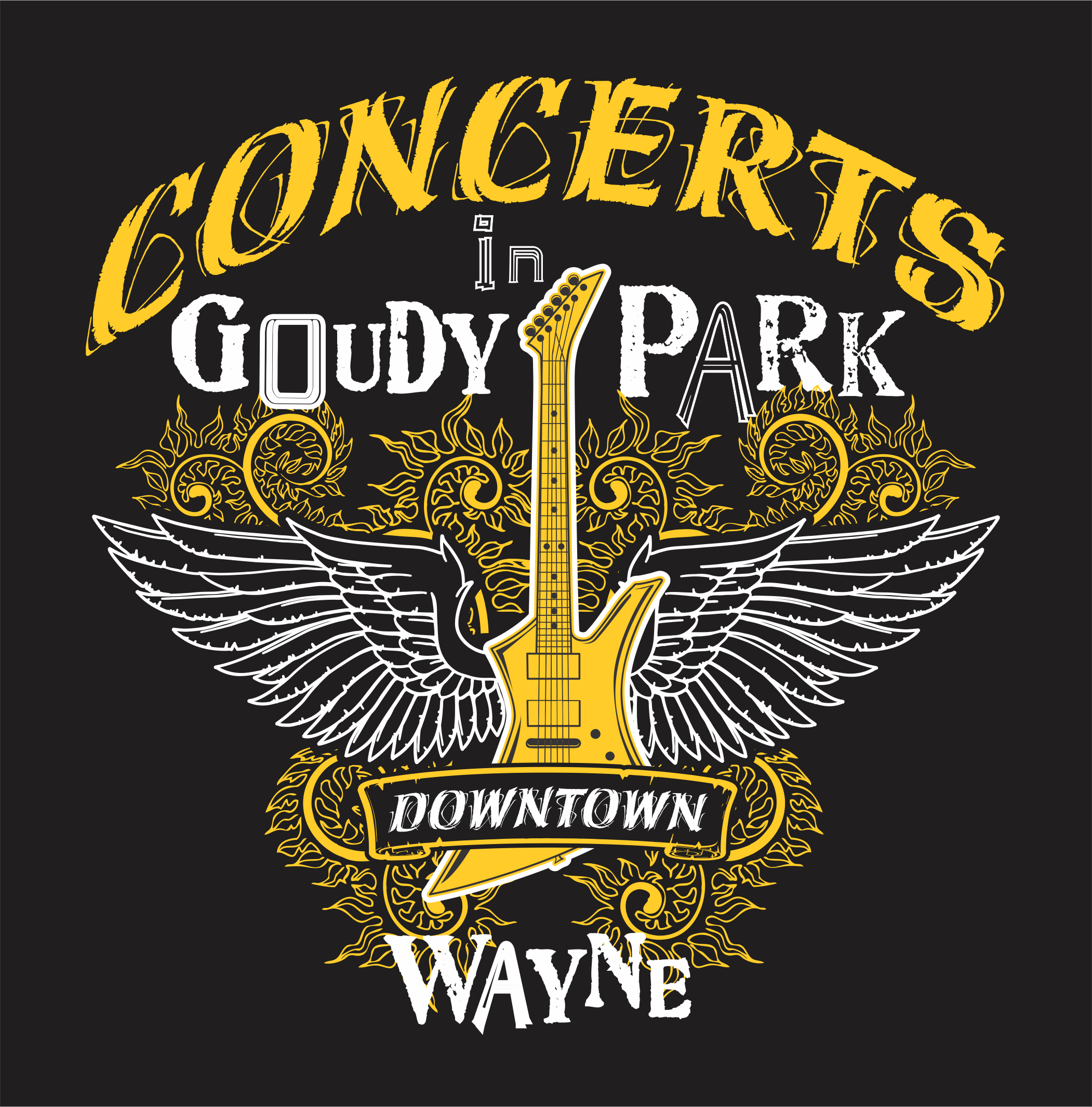SMORSA – what is that?
SMORSA stands for South Macomb Oakland Regional Services Authority. It is a joint collaborative public financing organization founded by the cities of Eastpointe and Hazel Park to utilize funding options for emergency services, as outlined in Public Act 57 of 1988.
The sole purpose and intent of SMORSA is to provide funding for emergency services (police and fire). All dollars collected in Wayne will stay in Wayne. SMORSA was not created to assume any role in Wayne’s decisions regarding service levels, personnel or the consolidation of public safety departments.
Wayne’s taxable value has decreased drastically from its high in 2008 of over $607 million down to just about $350 million today. The operating revenue that the City receives has dropped by $3,855,000.
Since 2010, the City has lost over $33 million in tax revenue. Over the last ten years, the City has lost over $7.5 million in revenue sharing from the State. This year, the City will lose over $1 million in personal property tax revenue as a result of the elimination of that tax by the State. Finally, Ford Motor Company has been awarded a $590,000 Tax Tribunal settlement that the City will have to begin paying in October 2016.
The 2016/2017 budget will not be balanced. The passage of the 14-mill proposal will generate $4.9 million annually. This will be specifically dedicated to police and fire services only.
It will be on the ballot for the August 2, 2016 election. If the millage passes, the 14 mill tax levy will be assessed for 18 years and would expire in 2034.
100% of the money received through this millage must be spent on emergency services (police, fire and EMS) in Wayne.
The General Fund will be depleted in December 2017. Wayne will enter into a state of insolvency. This would more than likely lead to a state-appointed emergency financial manager. The City will be forced to lay-off police officers and firefighters and outsource or eliminate certain essential services such as public works. The City would also jeopardize its ability for future sustainable economic growth with limited public safety numbers.
There will be Ballot Proposal Town Hall Meeting on Wednesday, June 15, at First United Methodist Church (3 Town Square) at 6:30 p.m. The meeting is for informational purposes only. It is not intended to influence a yes or no position. The meeting is being held by the City of Wayne to allow the public to ask questions about the upcoming police and fire millage on the Aug. 2 ballot.
When it comes to assessment increases, under Michigan’s Headlee Amendment, cities are limited to the rate of inflation or 5%, whichever is lowest. For 2016, Wayne will be limited to a .3% assessment for Wayne’s 5,360 homes. At a 2% increase, it would take 25 years to reach 2008 taxable values.
Wayne has cut its workforce by over 54% in the last 10 years. Employees are contributing 20% towards their healthcare. Retiree healthcare has been eliminated for employees hired after January 1, 2014. New hire pension multipliers have been reduced. The City switched health insurance carriers on January 1, 2016, moving to a self-funded health insurance plan saving $500,000 annually. Wayne has also consolidated services with other communities to save money. Finally, the City has outsourced various non-essential services to save money (for example, HYPE).










